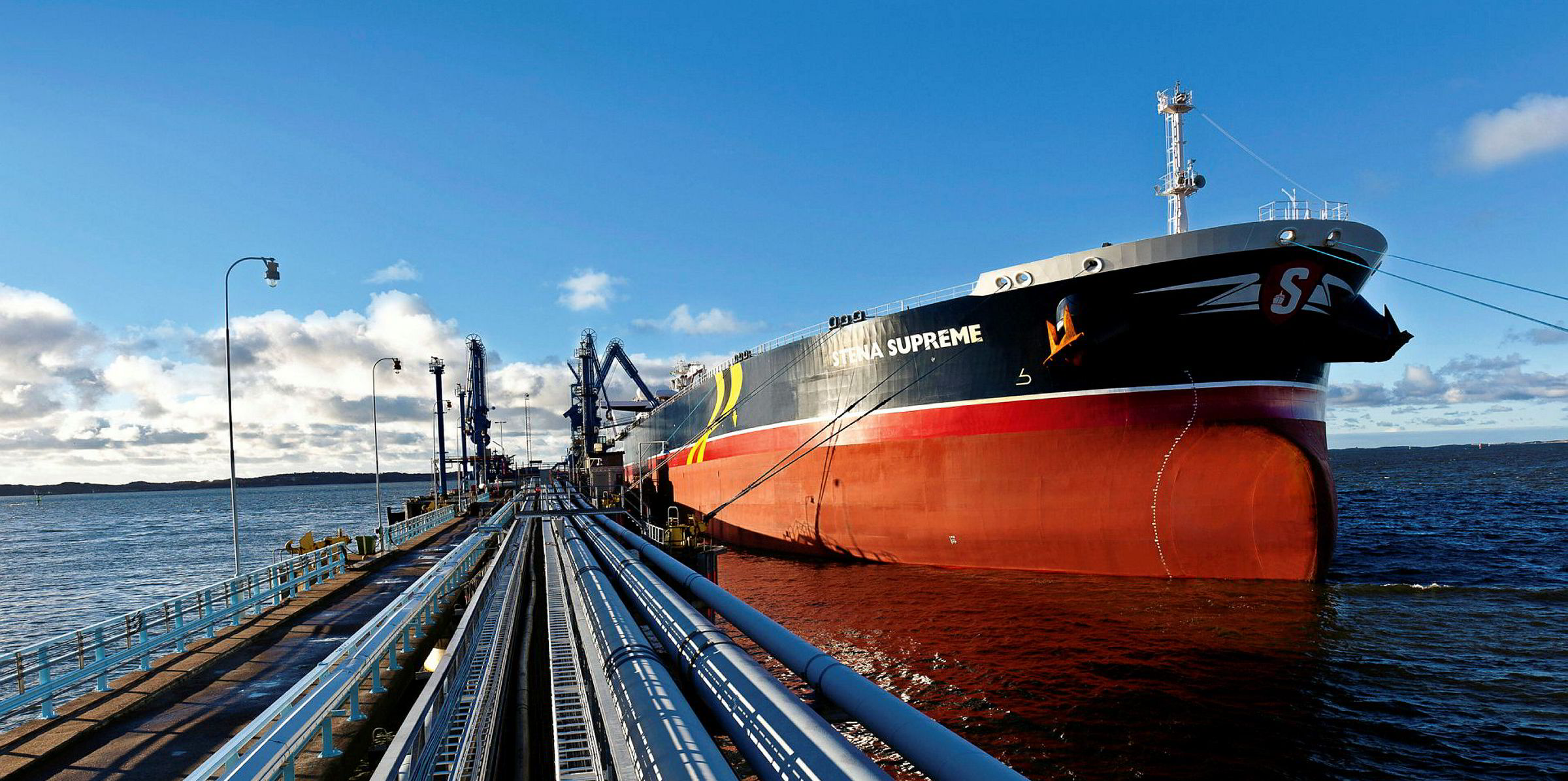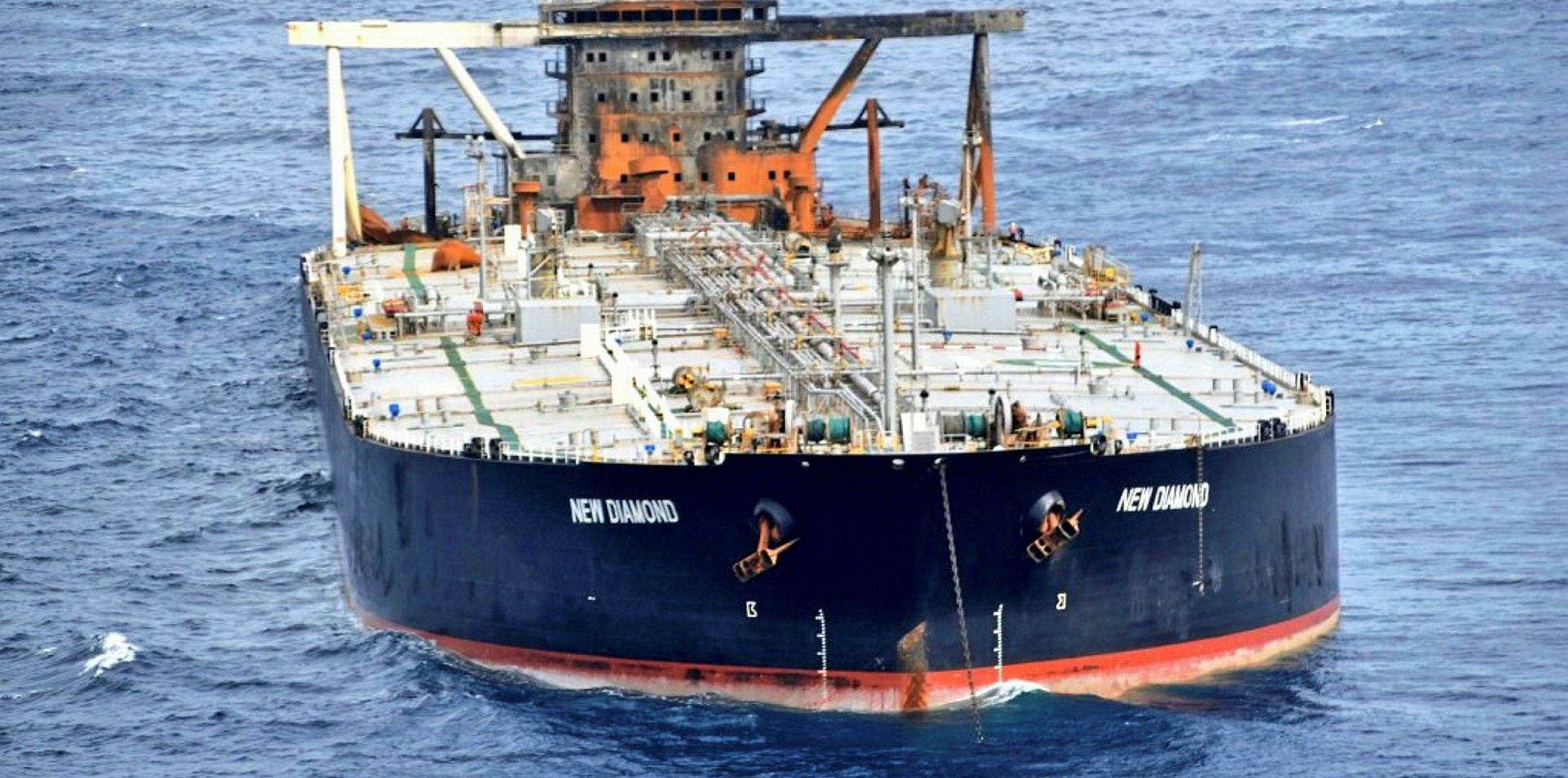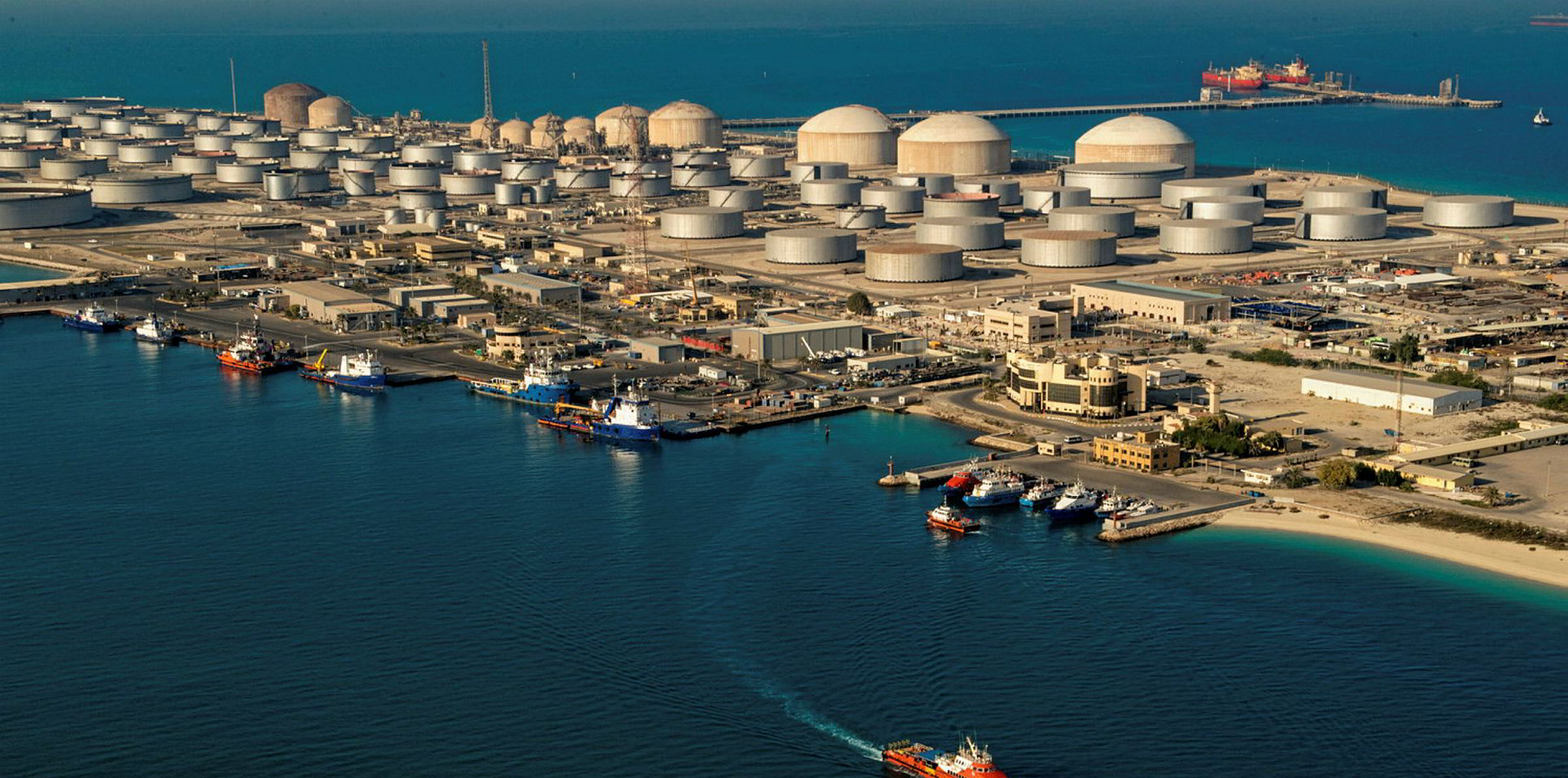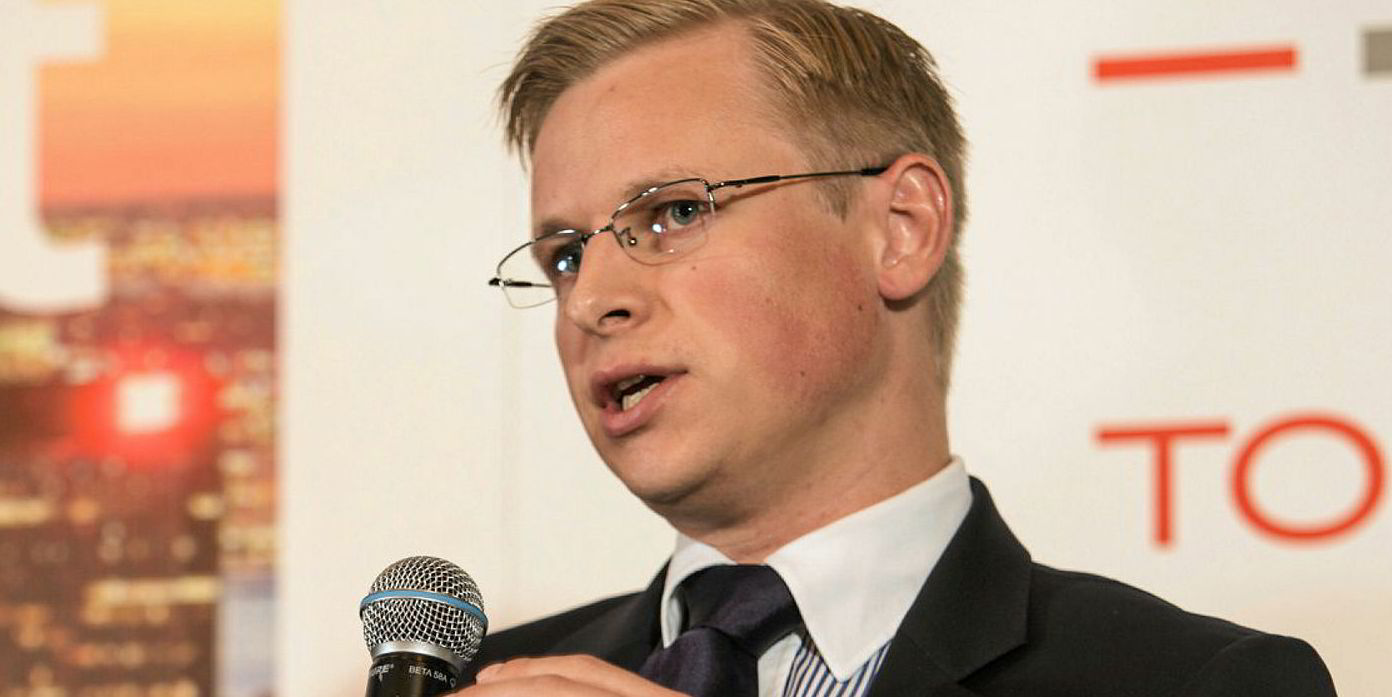Analysts are advising owners of suezmax and aframaxes to drastically reduce vessel speed to counteract dire rates.
Clarksons Platou Securities said earnings for both tanker types are now below $4,000 per day.
This does not make sense over the long-term as operating costs are at least $7,000 per day, the Norwegian bank said.
Analysts Frode Morkedal and Omar Nokta assess current speeds as unchanged at 12 knots for suezmaxes and 11.5 knots for aframaxes.
"Given the very low Worldscale rates and increasing bunker prices, owners should cut speed drastically on empty (ballast) voyages," they said.
Ultra-slow steaming at 9 or 10 knots when in ballast could bring earnings up closer to $5,000 per day, the analysts believe.
Aframaxes busier?
"That said, although we cannot see it in the earnings levels yet, brokers said activity in the aframax market has picked up over the last few days," Clarksons Platou said.
In the North Sea, which has been massively oversupplied with ships for a while, the situation is now beginning to look more balanced, the analysts added.
"We know that seasonally, as refiners crank up refining runs, they usually start buying short-haul barrels first, which is the aframax market," they said.
Clarksons Platou, a division of shipbroking giant Clarksons, said VLCC earnings have slipped to $15,500 per day from $16,200, after a strong start to the week, as a small number of fixtures out of West Africa to China were concluded at lower levels.
The market is now watching the Saudi Arabian November loading programme to see how quickly charterers will move on cargoes.
'Tug of war'
"It will be the usual tug of war seen every month and we will see who comes out ahead, owners or charterers, soon enough," the investment bank said.
UK shipbroker Howe Robinson Partners said charterers are still happy to wait for now, and have not been booking ships out of the Middle East region.
"This has almost become a monthly ritual, affording the charterers some respite if the end of the month has shown signs of becoming more bullish," the broker added.
In West Africa the odd cargo is being worked, Howe Robinson added, but again with no shortage of offers. "There seems to be no pressure to conclude promptly," the company said.
In the products market, rates for the gasoline trade from Europe to the US East Coast jumped overnight and are now supporting average MR earnings of $8,500 per day.
The Baltic Dirty Tanker Index hit another all-time low last Friday amid an oversupply of vessels.
The index slipped five points to 412 after starting the week of 6 October at 428.
In its quarterly shipping report, Norwegian investment bank Cleaves Securities said the year for tankers could so far be compared to the two-faced Roman god Janus.
Crude supply 'routed'
Oil supply far outpaced demand from January to April, before the roles were reversed after that.
"As expected, oil tanker spot rates are now hovering around opex [operating expenses] amid a rout in oil supply concurrent with an oil inventory destocking cycle," head of research Joakim Hannisdahl said.
Cleaves expects a "cyclical trough" in the third quarter of 2021 but foresees significant improvements after that.
The market is supported by the lowest orderbook since 1996 and strong demand growth.
The investment bank said earlier this week that shipping can expect a better decade in the 2020s than has been seen for a long time, due to owners' underinvesting in new ships.






